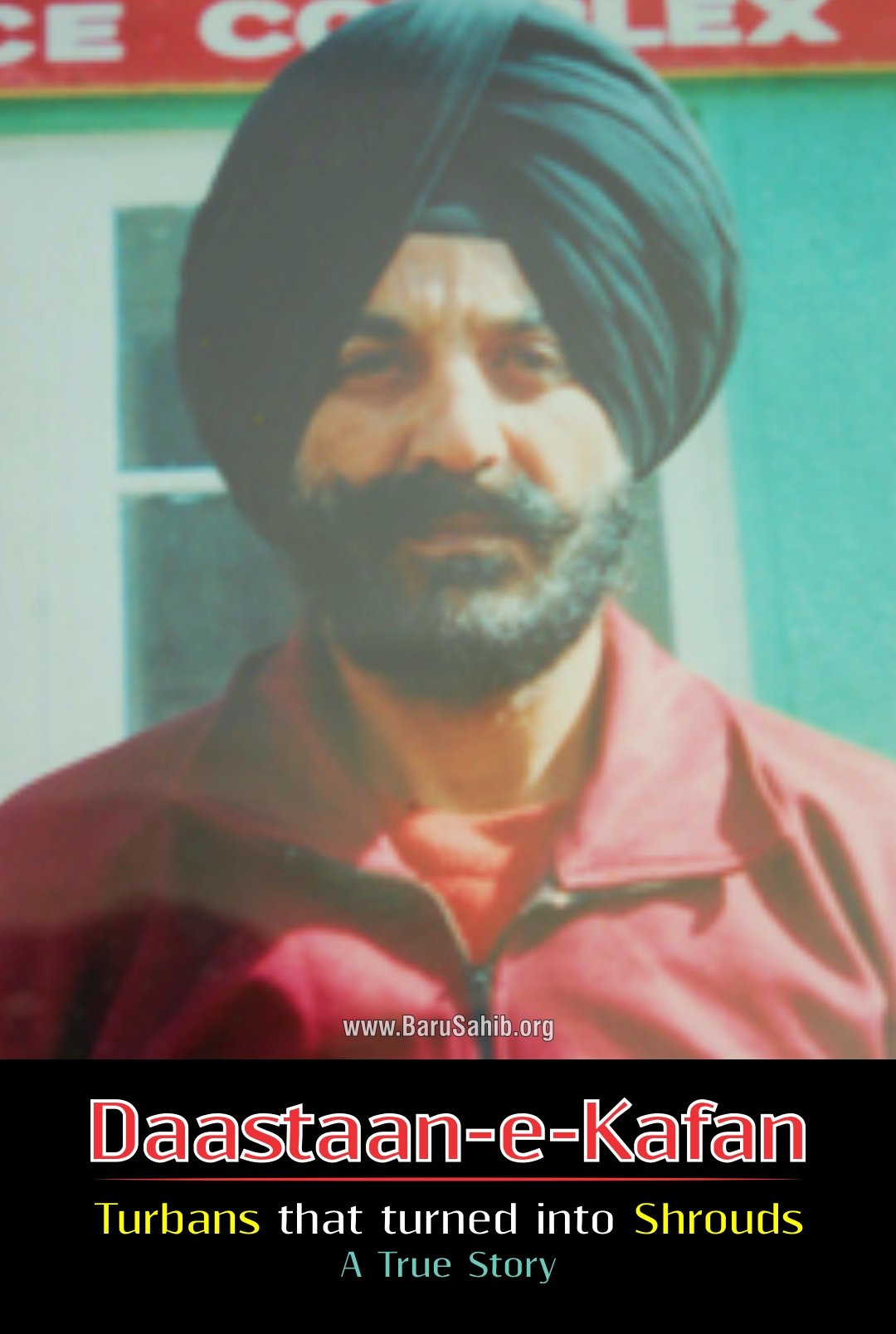“My Dad was posted to a small Air Force unit at a place called Barnala in Punjab in the late seventies. I have grown up with Sikhs all my life. While there may be numerous Santa Banta jokes, Indians have always been proud of their Sikhs. These martial people ensure that at least one child […]
“My Dad was posted to a small Air Force unit at a place called Barnala in Punjab in the late seventies. I have grown up with Sikhs all my life. While there may be numerous Santa Banta jokes, Indians have always been proud of their Sikhs. These martial people ensure that at least one child in their family joins the Armed Forces. For centuries they were ostracised and faced religious persecution. Wearing a turban was for them, a matter of pride and honour and they would rather have their heads cut off than be forced to take it off as an insult.
The Punjab has been a battle ground for thousands of years because that was the easiest way to enter India for the many invaders India has seen. During numerous wars, Punjab’s farmers have seen armies roll by and seen fighter aircraft engaged in dog fights in the sky. For them war was a regular occurrence, something to get used to.
This is a story from the late seventies, as narrated to me by my father who was himself an Air Force officer. His unit at Barnala, (small town in western India in Punjab) had received news about an air crash. An Air Force aircraft had been hit by lightening and disintegrated mid air. The next day my Dad was put in charge of a recovery party to go and bring back the dead and salvage what they could from the aircraft to ascertain cause of the crash.
When the convoy reached the tiny village, my father found that the village had organised itself well in time, since they knew that the military would come calling to claim it’s dead. All work in the fields was stopped and the entire village resources were placed at the disposal of the visitors. All the village bullock carts were lined up and the village women had prepared food for everyone.
The aircraft and it’s occupants had been scattered over a large area and body parts were strewn helter skelter over a huge area. The recovery was very difficult, since trucks could not enter the soft soil of the fields. Bullock carts fanned out and the recovery began in earnest. It was late afternoon when the last of the body parts were brought in and the task of putting together the gory jigsaw was completed. No one had the stomach to eat any of the food prepared by the village women.
The bodies were laid out in a row in the village square and that is when my father realised that in their hurry to reach the village, they had completely forgotten to bring shrouds for the dead. Without hesitation, in true Sikh tradition, all the men took off their turbans, saying,”it is a matter of pride for us to do this, since it will be used as kafan (shroud) for our fallen soldiers”.
That was the day, poor farmers in the Punjab proved what being a true patriot and human means. THIS IS A TRUE STORY”
Gp Capt S S Puri(Retd)

